Life
Sign up for our newsletter
We summarize the week's scientific breakthroughs every Thursday.
-
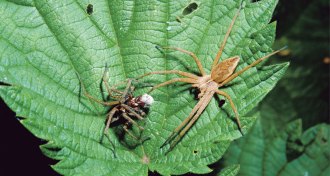 Animals
AnimalsTo prevent cannibalism, bring chocolate
If a date goes bad for a nursery web spider, a romantic gift can serve as a shield.
By Susan Milius -
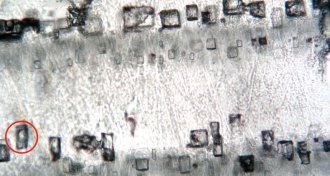 Earth
EarthAncient air bubbles could revise history of Earth’s oxygen
Pockets of ancient air trapped in rock salt for around 815 million years suggest that oxygen was abundant well before the first animals appear in the fossil record.
-
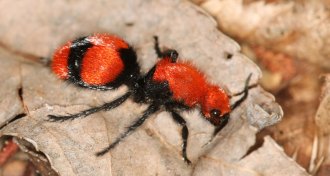 Animals
AnimalsNew books deliver double dose of venomous animal facts
In Venomous and The Sting of the Wild, researchers delve into the world of venomous creatures and the scientists who study them.
By Sid Perkins -
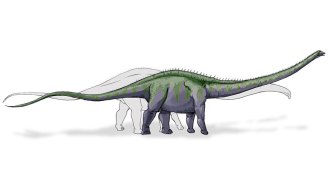 Earth
EarthHow dinosaurs hopped across an ocean
Land bridges may have once allowed dinosaurs and other animals to travel between North America and Europe around 150 million years ago, a researcher proposes.
-
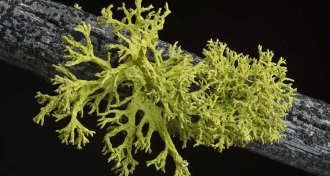 Life
LifeYeasts hide in many lichen partnerships
Yeasts newly discovered in common lichens challenge more than a century of thinking about what defines the lichen symbiosis.
By Susan Milius -
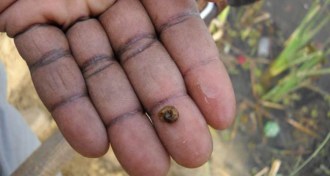 Animals
AnimalsGetting rid of snails is effective at stopping snail fever
For the tropical disease snail fever, managing host populations is more effective than drugs.
-
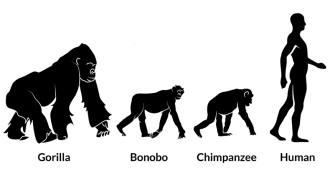 Genetics
GeneticsEvolution of gut bacteria tracks splits in primate species
Primates and microbes have been splitting in sync for at least 10 million years.
-
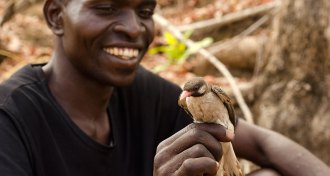 Anthropology
AnthropologyHumans, birds communicate to collaborate
Bird species takes hunter-gatherers to honeybees’ nests when called on.
By Bruce Bower -
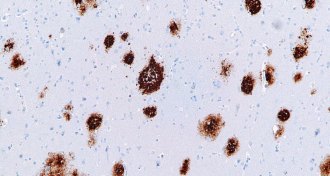 Neuroscience
NeuroscienceAntibiotics might fight Alzheimer’s plaques
A new study found that antibiotics hit Alzheimer’s plaques in the brains of mice.
-
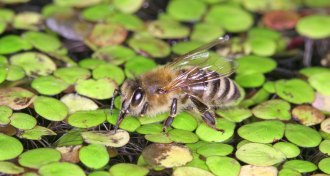 Animals
AnimalsTo douse hot hives, honeybee colonies launch water squadrons
The whole superorganism of a honeybee colony has sophisticated ways of cooling down.
By Susan Milius -
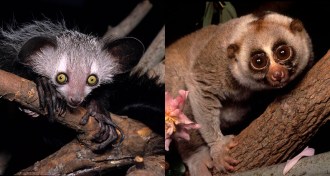 Animals
AnimalsSome primates prefer nectar with a bigger alcohol kick
Aye-ayes and slow lorises may be able to discern the alcohol content of boozy nectar and go for more potent drinks.
-
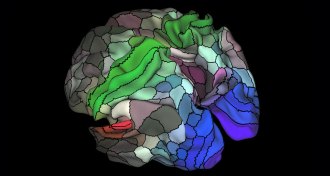 Neuroscience
NeuroscienceNew brain map most detailed yet
By combining different types of data, researchers have drawn a new detailed map of the human brain.